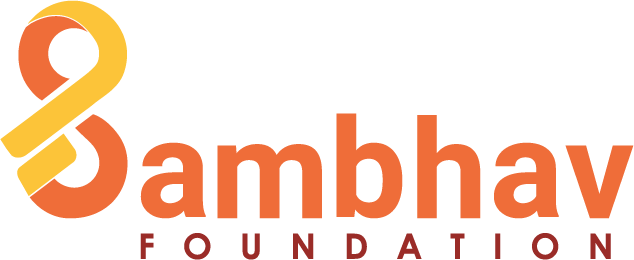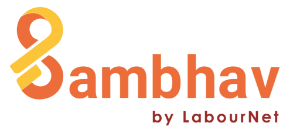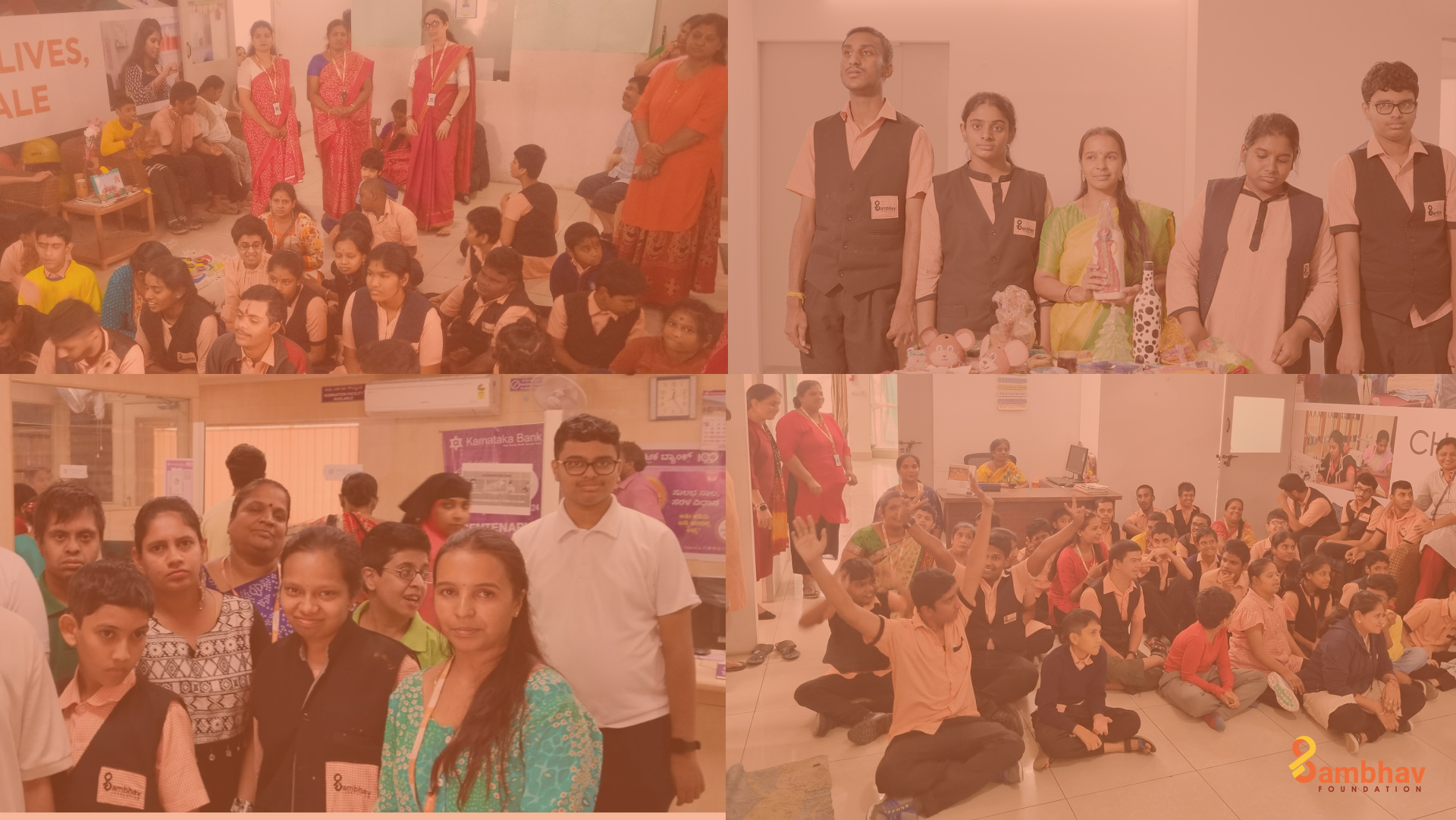In the rapidly evolving landscape of the digital age, employability skills have become the cornerstone of success. The World Economic Forum informed that by 2025, an estimated 85% of all job openings will require some level of digital proficiency. However, this shift towards digitalisation poses unique challenges, particularly for marginalised communities who often encounter additional barriers to employment due to a lack of resources.
Employability skills, once centred around traditional competencies, have now expanded to encompass a fusion of technical prowess and soft skills. This comprehensive guide aims to provide invaluable insights for individuals, whether they are recent graduates embarking on their professional journey or seasoned professionals looking to enhance their career prospects in the fiercely competitive job market of today.
What Are Employability Skills?
In an increasingly competitive job market, employability skills hold paramount importance. A survey of CEOs has shown that 33.1% consider employability skills as the most crucial factor when hiring graduates, surpassing relevant work experience at 19.2%.
Employability skills, often referred to as enterprise skills or workplace skills, are a combination of essential skills, personal qualities, and values that empower individuals to thrive in any work environment. These skills include effective communication, motivation, leadership, reliability, teamwork, adaptability, emotional control, critical thinking, problem-solving, and digital literacy.
Why are Employability Skills Important?
Employability skills in the digital age transcend traditional attributes. They encompass not only fundamental skills like communication and teamwork but also the ability to navigate a technology-driven environment.
These skills empower individuals to secure employment and, importantly, to flourish in their careers. They serve as a bridge to overcome barriers and unlock opportunities for marginalised communities. Employability skills are the bridge that enables individuals not just to find jobs but to thrive, contribute positively to their communities, and bolster the broader economy.
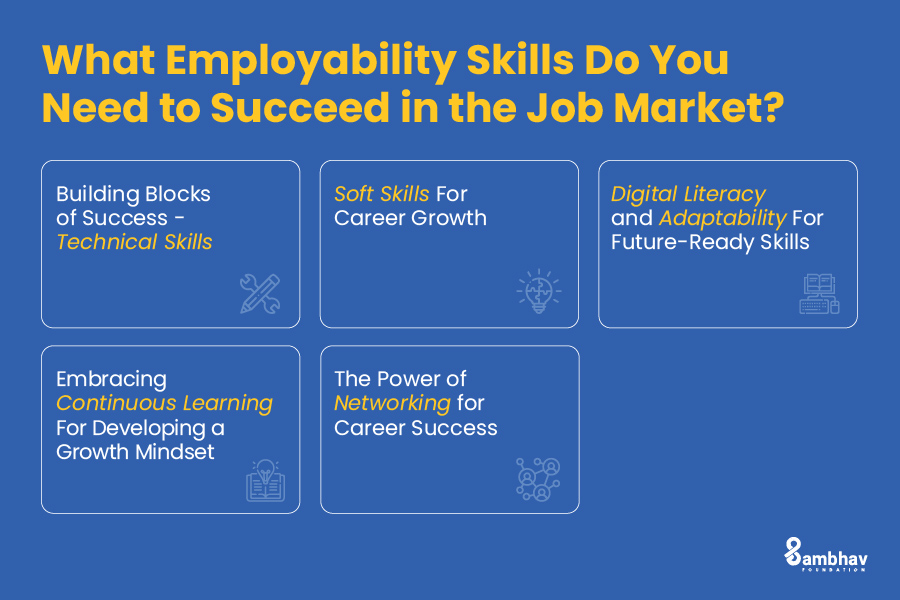
What Employability Skills Do You Need to Succeed in the Job Market?
In today’s digital job market, specific employability skills are indispensable. These core skills can be categorised as follows:
- Building Blocks of Success – Technical Skills
In the digital age, technical skills are foundational. Proficiency in programming languages, data analysis, technology navigation, and staying updated with advancements is critical. However, it is vital to combine technical abilities with essential human skills such as communication, collaboration, and critical thinking.
- Soft Skills For Career Growth
Soft skills encompass qualities like adaptability, problem-solving, leadership, and teamwork. These are essential in building strong professional relationships and are even more valuable in an era marked by automation and artificial intelligence.
- Digital Literacy and Adaptability For Future-Ready Skills
Digital literacy and adaptability are imperative in the current digital landscape. Navigating digital tools and embracing change is essential, as technology plays a central role in nearly every industry.
Take the example of the retail sector, which has shifted from brick-and-mortar stores to e-commerce. Retail professionals who can adapt to online platforms have a higher employability rate.
- Embracing Continuous Learning For Developing a Growth Mindset
Continuous learning, driven by a growth mindset, is pivotal. It involves seeing challenges as opportunities and seeking new knowledge and skills beyond one’s current role.
- The Power of Networking for Career Success
Building meaningful professional relationships through networking can open doors to new opportunities, mentorship, and support. It’s essential to offer value to your connections as well.
Introduction to the Evolution of Employability Skills:
Over the years, employability skills have undergone a profound transformation, adapting to the shifting landscape of the job market. As industries evolved and technology became an integral part of daily operations, the definition of what makes an individual employable has evolved significantly.
- Historical Context:
In the historical context, employability skills were primarily centred around traditional competencies. These skills revolved around traits such as reliability, good communication, and the ability to work well within a team. While these attributes remain crucial, they were often sufficient to secure employment in the past job market, which was less reliant on technology and digital literacy.
- Shift Toward the Digital Age:
The dawn of the digital age brought about a seismic shift in employability skills. With the rapid integration of technology across industries, individuals need to adapt and acquire digital proficiency to thrive in the modern workplace. The shift toward the digital age was driven by factors such as the rise of the internet, automation, artificial intelligence, and the increasing reliance on data-driven decision-making.
- Changing Job Market Demands:
As the job market evolved, so did its demands. Today, employers increasingly prioritise candidates with digital proficiency. Basic computer literacy has become a prerequisite, while more advanced digital skills, such as coding, data analysis, and familiarity with digital tools, are highly sought after. In the digital age, employability skills encompass not only traditional attributes but also a fusion of technical know-how and soft skills. Adaptability, critical thinking, and problem-solving are now just as crucial as ever, if not more so.
Introduction to Industry-Specific Skills
In today’s dynamic job market, industry-specific skills play a pivotal role in career success. As industries rapidly evolve in the digital age, professionals must acquire specialised competencies. This section explores the distinct skills required in key sectors, including IT, healthcare, finance, and manufacturing.
- IT Sector Skills
The IT sector stands as a digital frontier, where basic digital literacy is key. Proficiency in data entry operations is fundamental, forming the bedrock for many essential processes. These core skills ensure the smooth running of various digital platforms. Data analysis skills, vital for informed decision-making, round out the skills sought after in this dynamic industry.
- Healthcare Sector Skills
Within the healthcare sector, the digital transformation has ushered in a new era of skills. Telemedicine proficiency is now essential, as remote care delivery becomes commonplace. The management of electronic health records requires precision and security awareness. Moreover, the ability to analyse medical data efficiently aids in enhancing patient care and outcomes.
- Finance Sector Skills
In the finance sector, the digital realm has revolutionised operations. Skills in financial data analysis allow professionals to glean insights for strategic financial planning. Risk management expertise ensures the mitigation of financial uncertainties. Furthermore, familiarity with fintech innovations is crucial for staying competitive in this rapidly evolving domain.
- Manufacturing Sector Skills
The manufacturing sector is steadily embracing the digital wave, where machine learning stands as a pivotal enabler of enhanced production and streamlined operations. Proficiency in machine learning not only optimises manufacturing processes but also significantly contributes to effective supply chain management. By understanding and predicting patterns, it ensures a smoother flow of goods from production to delivery. Embracing lean manufacturing principles enhances productivity and competitiveness in the digital manufacturing landscape.
- Cross-Industry Transferable Skills
While industry-specific skills are vital, certain competencies transcend sector boundaries, proving invaluable in today’s digital workplace. Effective communication is a linchpin skill that enables professionals to collaborate and convey ideas persuasively. Proficiency in project management ensures the successful execution of tasks and initiatives, regardless of the industry. Problem-solving abilities empower individuals to navigate challenges and innovate solutions, contributing to organisational growth.
These cross-industry transferable skills serve as the glue that binds diverse industries, fostering adaptability and versatility. They are the bedrock of a well-rounded professional, equipping individuals to thrive in a rapidly evolving job market.
What Does Sambhav Foundation Do to Foster Employability Skills?
In our mission for impact in 2022-23, we have witnessed the transformative potential of skill development, especially for marginalised communities. Skill development is not just about personal growth; it’s a gateway to better employment and increased earnings. Sambhav Foundation offers a range of training programs, technical skill acquisition, upskilling opportunities, and recognition of prior learning to empower individuals with future-ready skills and break the cycle of poverty.
Empowering Marginalised Youth Through Skill Training
Through collaborations, we’ve initiated the Employment Linked Skill Development Training Programme. It includes course-program alignment, candidate identification, mobilisation, registration, training, assessments, job placement support, and continuous progress assessment. Our program has impacted the lives of many, increasing their average monthly income significantly.
Our Impact Measured In Numbers
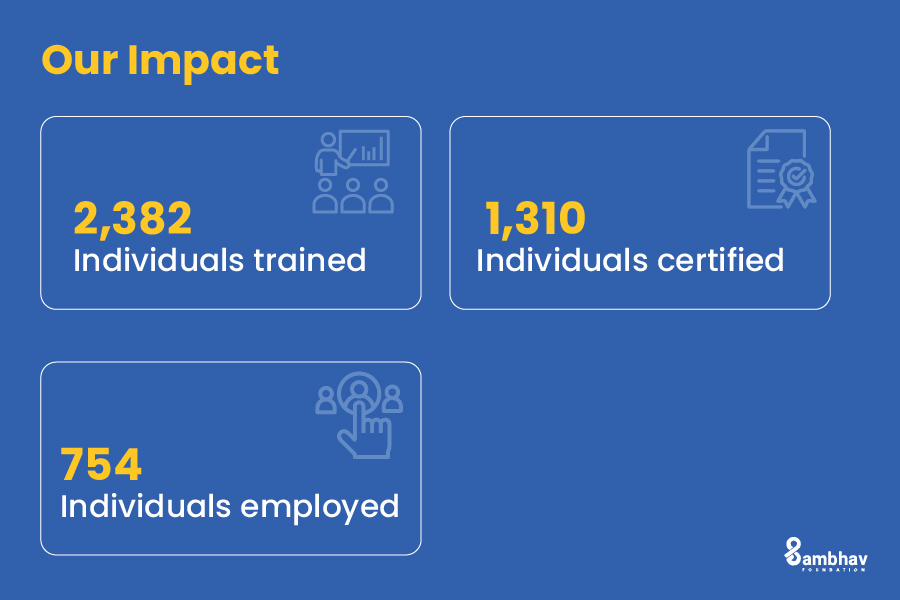
Stories of Empowerment Beyond the Numbers
In the world of skill development, we uncover stories of transformation, ambition, and the pursuit of a brighter future. Meet two individuals whose journeys showcase the power of employability skills.
Hemant Kumar, a prime example of our program’s impact, began a rewarding journey after finishing the Automotive Service Technician course. After his training, Hemant accepted a job offer as a Trainee at SMIIEL. His monthly earnings, now standing at INR 15,300, reflect a remarkable transition from a humble garage assistant to a proficient Technician. Hemant symbolised the power of transformation our program brings.
Shakshi Bhati, a resident of Sector 143, Noida. Following the successful culmination of a rigorous four-month course in Associate Desktop Publishing, Shakshi achieved a noteworthy milestone by securing a position as a Chat Support Executive at Redisolve. Her monthly salary, currently amounting to INR 20,618, stands as a testament to her diligence and the program’s effectiveness.
These stories highlight how employability skills can make a real difference in personal and professional growth. They serve as sources of inspiration in the world of skill development.
How Did We Approach Skill Development?
Our achievements wouldn’t be possible without the support of CSR leaders and High-Net-Worth Individuals (HNIs). Collaborations have amplified the impact of philanthropic support, ensuring that marginalised communities access skill development opportunities and acquire employability skills.
What Challenges Lie Ahead for Employability Skills?
Addressing challenges is crucial in equipping individuals with employability skills for the digital age. Challenges include keeping up with technology, ensuring inclusivity, scaling programs effectively, matching skills to jobs, advocating for supportive policies and funding, preparing individuals for global competition, and measuring impact and quality.
How CSR Professionals and HNIs Can Drive Change
CSR professionals and HNIs can drive change by aligning philanthropic goals with skill development initiatives. Establishing scholarship programs, supporting vocational training centres, or sponsoring digital literacy campaigns are strategic avenues to create a lasting impact.
Partnering with Sambhav Foundation (H3):
Direct involvement with Sambhav Foundation provides a powerful means to drive change. Whether through volunteering, financial support, or mentorship, you can contribute to our mission of transforming lives through employability skills.
The Concluding Thought
In conclusion, employability skills are the bedrock of success in the digital age. They hold the power to uplift individuals, spark innovation, and build resilient communities. Equipping individuals with these skills is a collective endeavour, necessitating collaboration and proactive skill development efforts. Sambhav Foundation invites CSR professionals and HNIs to join us in empowering individuals through skill development and vocational training. Together, we can catalyse change and shape a tech-savvy workforce prepared for the future.
Visit our website to take action today.
